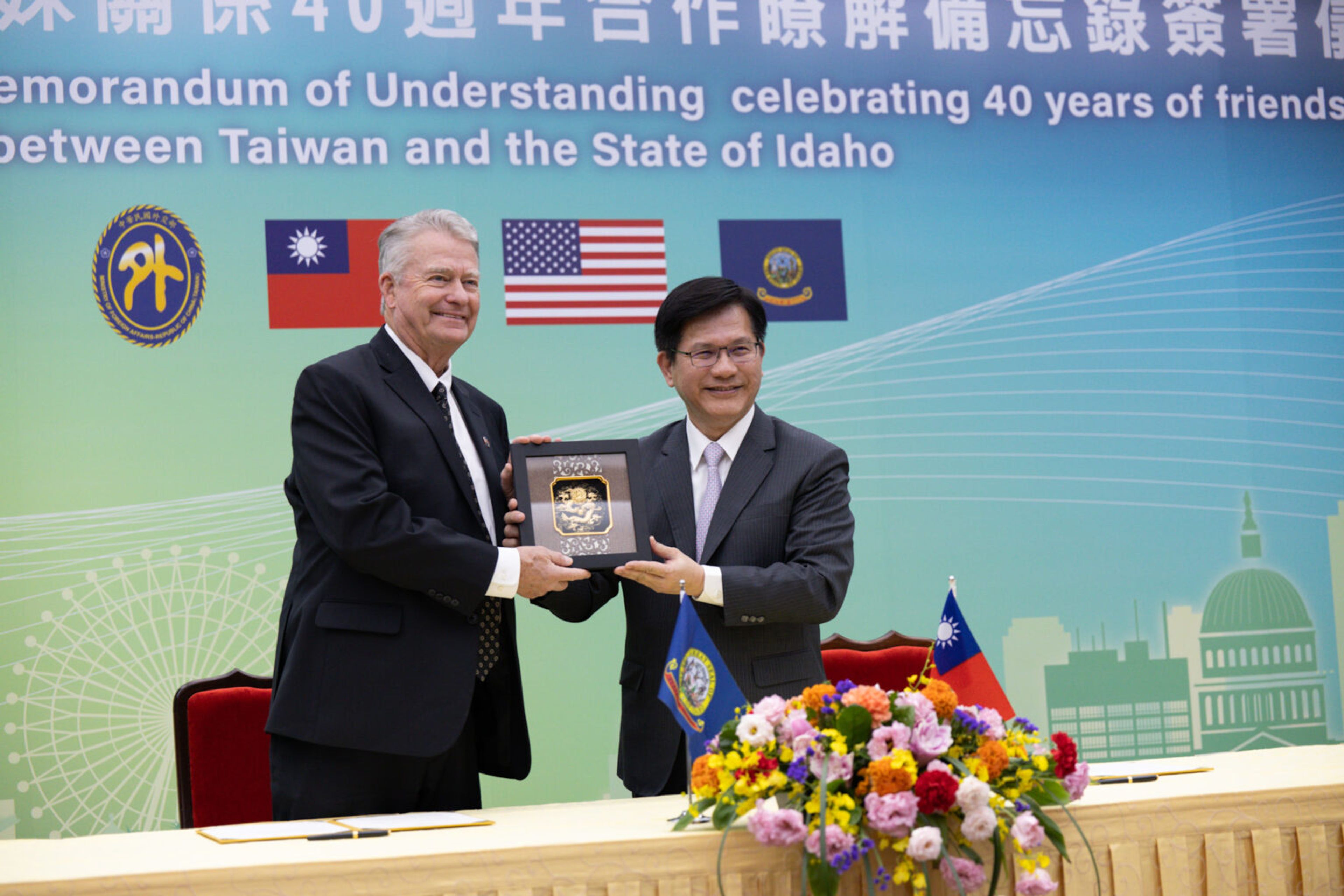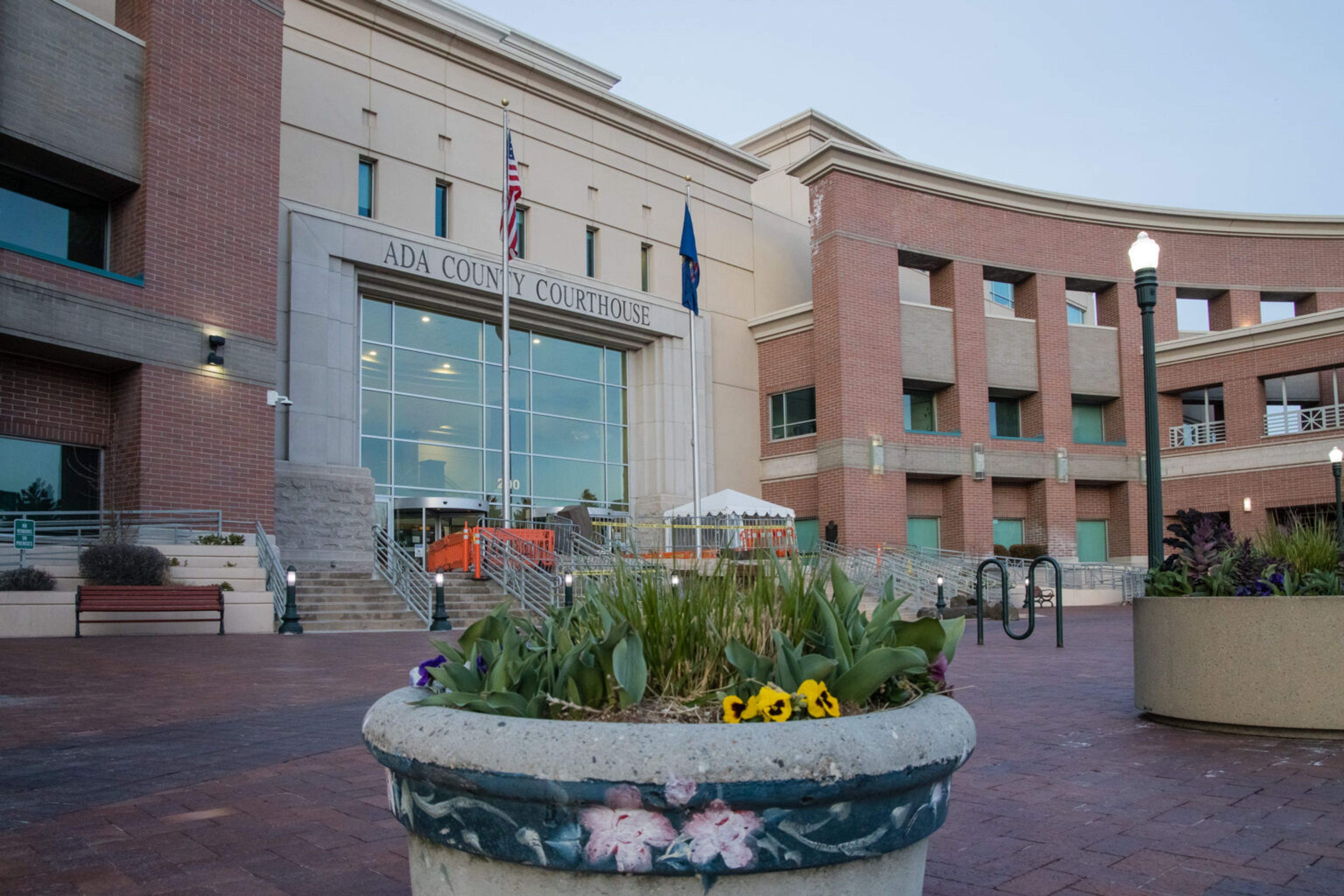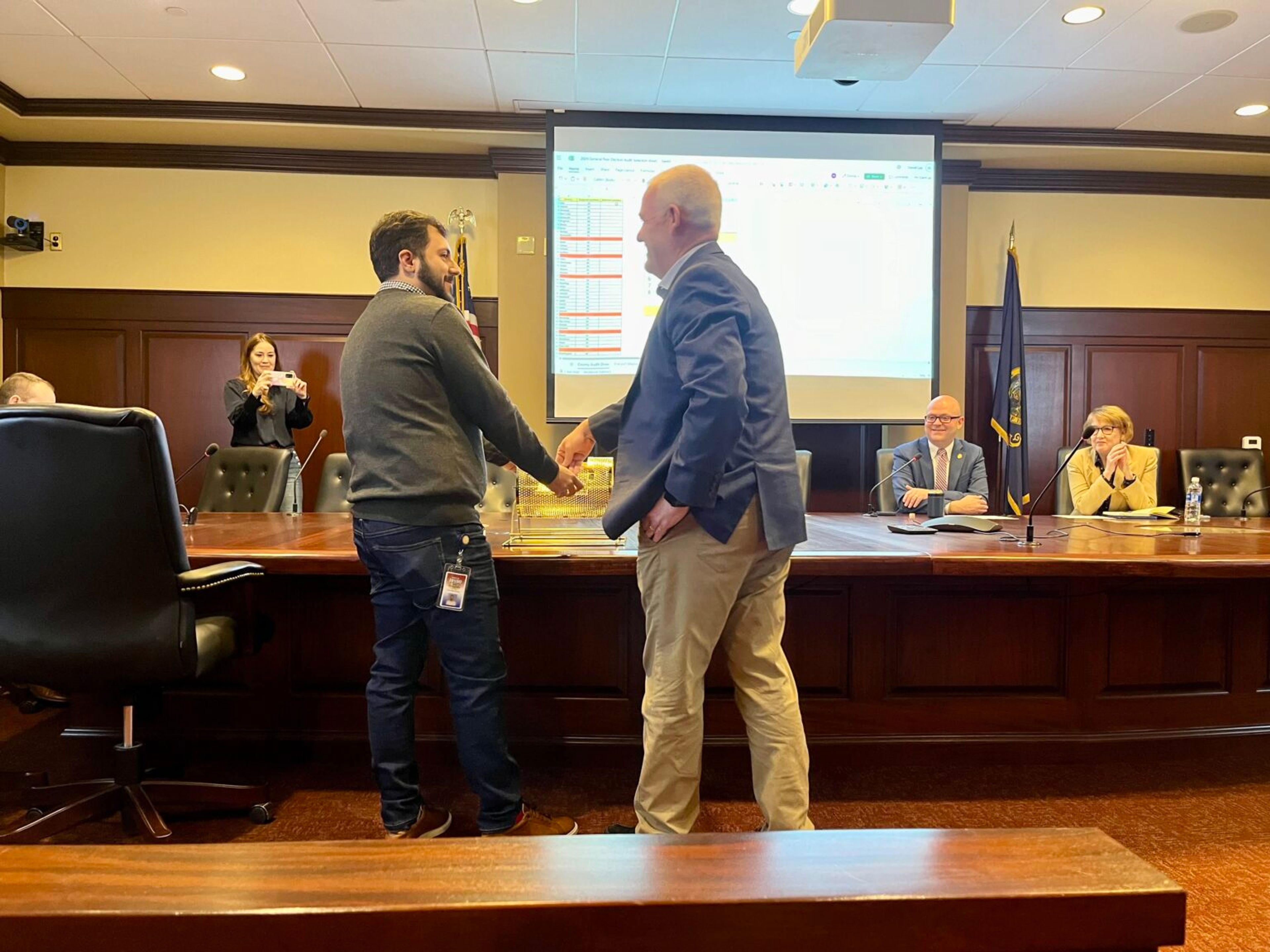Associated Press
OLYMPIA - Washington fish managers have denied a request by Cooke Aquaculture to move thousands of juvenile Atlantic salmon from its hatchery to marine net pens in Kitsap County.
The Department of Fish and Wildlife said Thursday it rejected the company's application because the move would increase the risk of fish disease transmission both within and outside the pens.
State lawmakers in March passed legislation to phase out marine Atlantic salmon aquaculture. The industry has operated for decades in Washington but came under heavy criticism after tens of thousands of non-native fish escaped from net pens near Cypress Island in Skagit County into waterways last summer.
That legislation ended state leases and permits for operations that grow non-native finfish in state waters when current leases expire in 2022. Cooke currently has two leases with the state.
Cooke plans to continue operating until then, agency officials said, and in late April, the Canada-based company sought permission to move 800,000 juvenile fish from its hatchery near Rochester to grow out to adult size in net pens in Rich Passage.
Tests taken from samples of fish that would have been transported showed they had a form of the fish virus PRV that has not been known to occur in Washington waters.
WDFW fish health manager Ken Warheit called it an "exotic strain" that differs from the variety that had been present in the eastern Pacific Ocean, creating an "unknown risk that made it unacceptable."
He said there is a difference between the strains. "My issue is that it's unknown and exotic," he said. "The uncertainty creates the risk."
Cooke did not immediately respond to an email seeking comment on Thursday.
State officials also said that Cooke proposed putting the juvenile fish into pens that had not been empty for at least 30 days, a move that contradicted its own management plan.
Following the August collapse of net pens at Cypress Island, the state agency began requiring that fish be tested for PRV before they are transferred.








